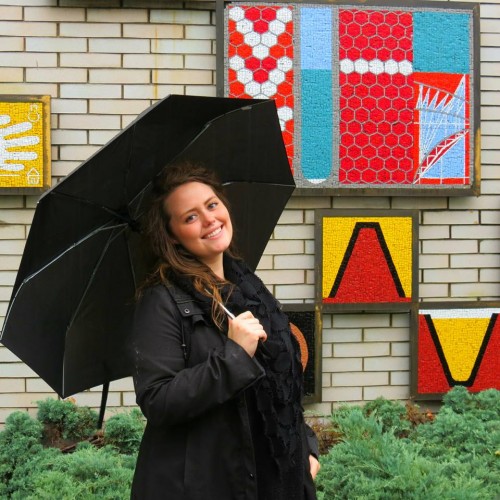By Helena Zhu, Women Students Program Assistant at Access & Diversity
Ever find yourself wishing that activities on campus were more affordable? Hope these free and low-cost tips could allow you and your family to have fun without hurting your wallet.
Exercise
Swim
Did you know that swimming at the UBC Aquatic Centre is free for current UBC students? All you need is your student card. For other members of the family, the pool includes free access for children under 3 years old, Toonie Swim, and free swimming and aquatic classes for all at the beginning of each academic term. If you have a Community Service Card, which you can apply for if you live in Acadia Park or the University Apartments, single drop-in starts at $2.75. The Aquatic Centre includes a 50m indoor pool, hot tub, steam room, fitness area, weight room, diving boards, among others. To see the drop-in schedule, please visit recreation.ubc.ca/aquatics/aquatics-drop-in.
Skate
From public skating to family hockey, UBC students have access to the Thunderbird Arena for free. Entrance for children and other family members start at $2.75 for drop in with the Community Service Card. Skate rentals are between $3.50 and $4.50. To see the schedule, please visit recreation.ubc.ca/ice/ice-drop-in.
After-School Programs
As the weather gets nicer, UTown@UBC is offering a six-week fun and interactive after-school program for your kids and teens. Kids Fit, engages kids 7 to 12 years old in games, sports, swimming, and outdoor activities. It runs on Mondays and Wednesdays from 4 to 6 p.m. from May 11 to June 18 and costs a total of $35. Youth Fit, for youths between 13 and 18 years old, runs on Saturdays from 3:30 to 5:30 p.m. and Mondays from 5 to 7 p.m. between May 9 and June 15 and costs $50. Although Youth Fit activities are subject to participants, they could include rock climbing, bowling, soccer, fencing, and dragon boating.
Both programs give priority to UNA and UTown@UBC residents, but general public will be admitted if spaces are available. Registration for both closes at 4:30 p.m. on May 4. To register, please visit www.utown.ubc.ca/youthfit or www.utown.ubc.ca/kidsfit.
Eat
In the basement of the Student Union Building UBC Sprouts hosts “Community Eats” every Friday to provide vegan lunch by donation (suggested $1). The doors open at 11:30 a.m and is open until all the food has been served. Be sure to bring a reusable container and utensils. On other days of the week, Sprouts serves food and drinks at affordable prices. For more information, please visit ubcsprouts.ca.
Take a Stroll
As UBC students, you can visit both the Nitobe Garden and the Botanical Garden for free. The greenery could just be the oasis you need with your family after a busy day. In winter times, Nov. 16 to March 14, the gardens are open to the public 9:30 a.m. to 5 p.m. by donation. For other nature walks, you can consider Wreck Beach if you are ready for 400 stairs down and up, Tower Beach (fewer stairs), or Pacific Spirit Park trails.
Arts and Culture
You can access plenty of museums and galleries on campus: Museum of Anthropology (free for UBC students and children 6 and under), Morris and Helen Belkin Art Gallery (free admission to all), Beaty Biodiversity Museum (free for UBC students, faculty, and staff and children age 4 and under), and Pacific Museum of Earth.
If you enjoy concerts, the School of Music frequently puts on free concerts for all to enjoy. To see the schedule, please visit music.ubc.ca.
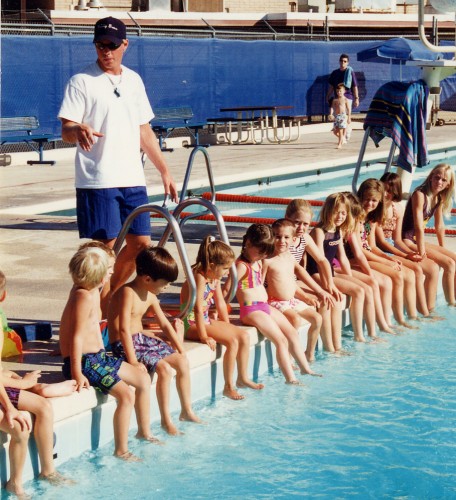

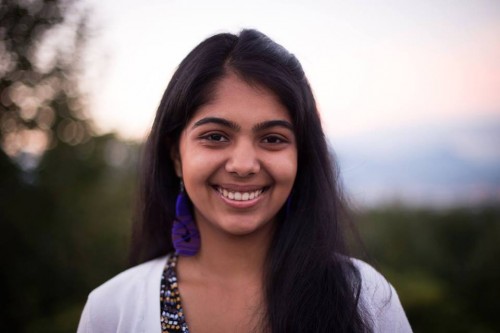
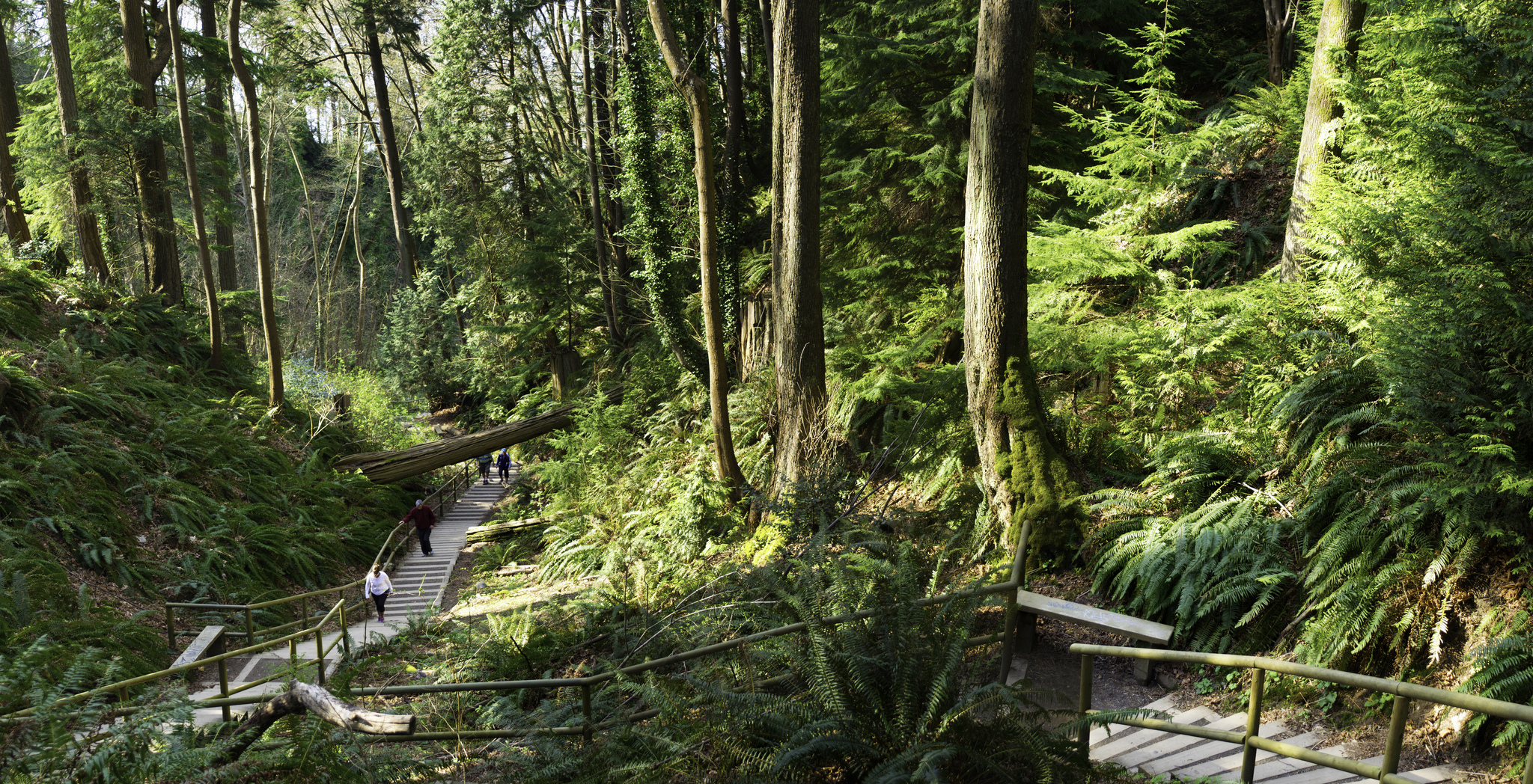
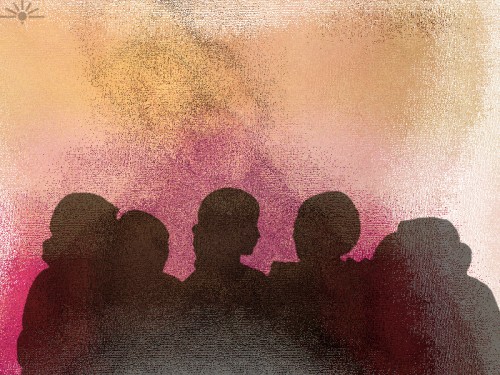
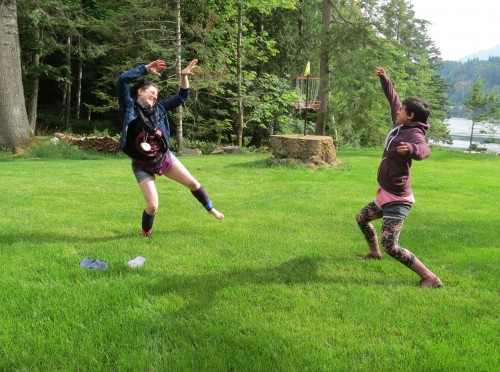
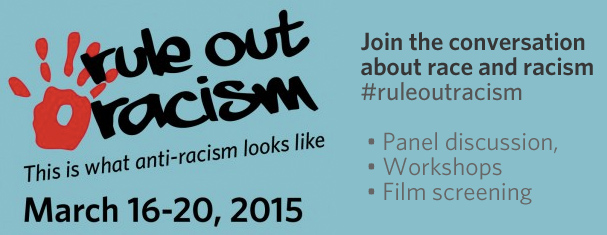 Rule Out Racism is a week-long series of events that focuses on the need for greater literacy and conversation about race and racism within the UBC community in Okanagan and Vancouver. This year’s theme is “this is what anti-racism looks like,” and all events are from March 16-20. There are a wide range of events, from workshops, to panel discussions, to film screenings.
Rule Out Racism is a week-long series of events that focuses on the need for greater literacy and conversation about race and racism within the UBC community in Okanagan and Vancouver. This year’s theme is “this is what anti-racism looks like,” and all events are from March 16-20. There are a wide range of events, from workshops, to panel discussions, to film screenings.